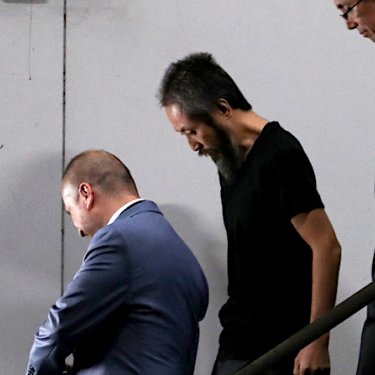Japan: ex-hostage in Syria should not have to apologize for doing his job as journalist

Japanese journalist Jumpei Yasuda, who was released on October 24th after three years as a hostage in Syria, is the target of harsh criticism in Japan. Reporters Without Borders (RSF) maintains that freedom of information cannot be restricted even in conflict zones.
The return to Japan of journalist Jumpei Yasuda, released on October 24th after being held hostage in Syria for three years, has sparked virulent attacks from Japanese commentators. His critics accused him of having gone to Syria against the advice of the Japanese authorities and of being "the only one responsible" for his abduction, which they said caused "disturbances" and "negative publicity" to the Japanese nation. The reporter, anticipating the criticism, issued a public apology as soon as he was released.
"It is unacceptable that Jumpei Yasuda was forced to apologize for having risked his life to inform his compatriots of the Syrian tragedy: he should instead be welcomed as a hero in view of the hardships he has endured," said Cedric Alviani, director of RSF’s East Asia office. "Without journalists on the ground in countries at war, the public would have to rely on the information, necessarily biased, provided by belligerents and other stakeholders."
Yasuda faced similar criticism back in 2004, when he was briefly held hostage in Iraq with two Japanese colleagues. The family of Japanese journalist Kenji Goto, who was assassinated in Syria by the Islamic State in 2015, was also forced to make a public apology after his death.
Japan is ranked 67th out of 180 in the 2018 World Press Freedom Index. Syria, for its part, occupies the 177th place in this ranking and remains the most dangerous country in the world for journalists.



